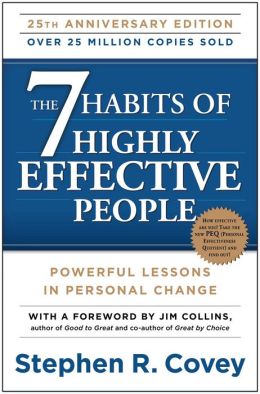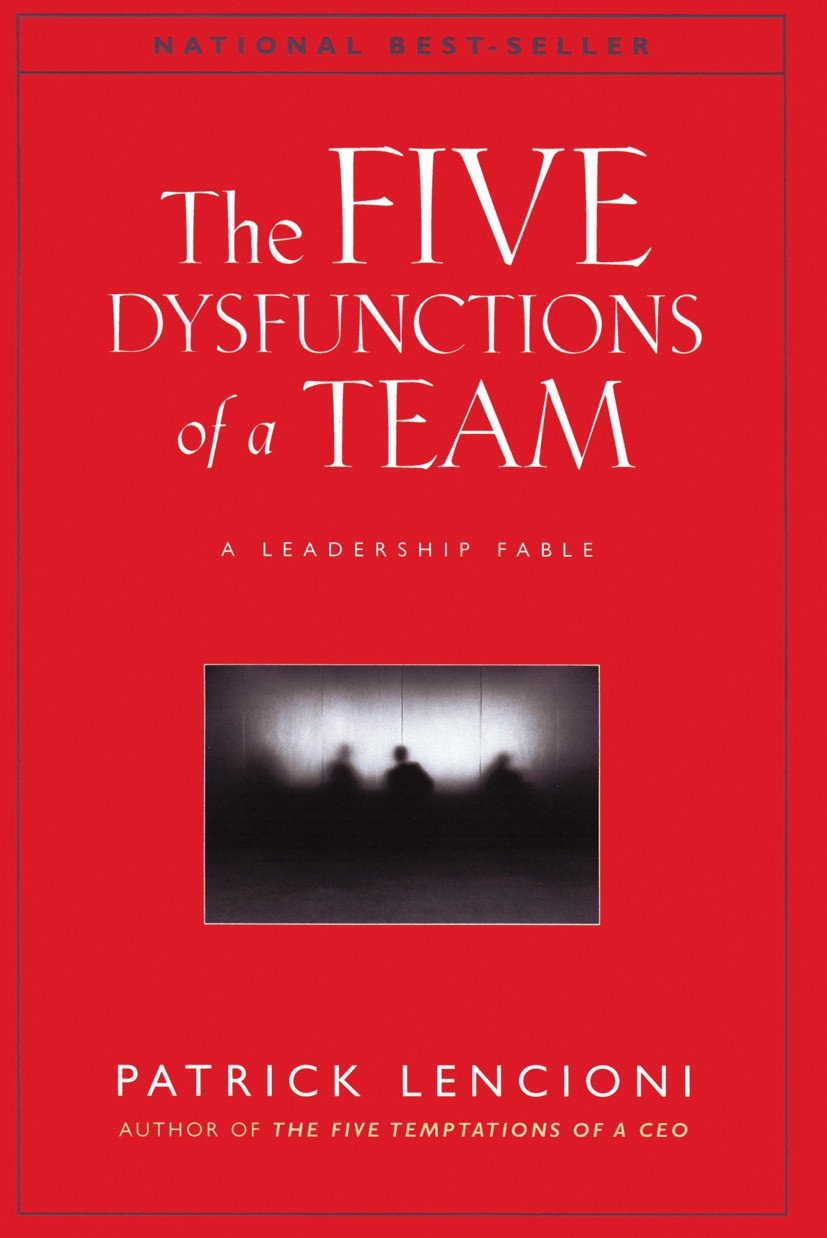Women In Leadership
Women in leadership face a number of challenges. In addition to those faced by men, female leaders much deal with and overcome gender stereotypes.
I stumbled across a study on the topic of Gender Stereotypes in Leadership. It is quite fascinating. The quotes below, taken directly from the study, seemed to leap up off the page:
"...women are rated less agentic by men than by women
"...agentic characteristics are congruent with characteristics of successful leaders.... Accordingly, men are assumed to be more eligible than women for leadership positions."
Source: Gender Stereotypes in Leadership
You know what agentic means? According to my research, it means "capable of achieving outcomes independently." "In other words, it's used to describe someone or something who has agency - and the power to carry out a task or endeavor."
But you know what I believe? I believe women are ready, resilient and do have the capacity to get results. They are agentic and do have agency.
Advancing to higher and higher positions of responsibility, women who lead are making some headway.
Even in the face of strong headwinds and unproven stereotypes, we serve as role models for those who aspire to lead.
We are: Ready, Resilient and Get Results.

Women In Leadership
As you well know, leadership is not for the faint of heart.
Therefore, anyone who steps up to a leadership position must:
- Be Ready - prepared for the task at hand
- Be Resilient - able to get back up again, and again, and again
- Get Results - the reason the position exists in the first place
Be Ready
It is true that, regardless of gender, taking on a position of leadership can be a daunting task.
Yet study after study shows there are prevailing stereotypes about women and our ability to lead. (Like the study mentioned above.)
As a result, women are pigeonholed (or typecast) into certain roles which are often beneath our capabilities.
We must be prepared to clear the path of these invisible barriers.
If they are not challenged and changed, negative perceptions prevent very capable women from being entrusted with increasing responsibility AND authority.
More often than not women in leadership are the ones to confront and challenge negative stereotypes. It can take a lot of energy.
Therefore, we must be resilient.
Be Resilient
Fighting an enemy you can see is one thing. Fighting an enemy you cannot see is altogether different.
More often than not, negative stereotypes are enemies you cannot see.
Because they are invisible, they are hard to detect, zapping precious energy that could be better used to get desired (intended) results.
It requires one to be resilient, possessing the capacity to recover quickly, to bounce back; to "take a lickin' and keep on tickin'."
It is the only way to get the type of results expected from the person in your position of leadership.
Want to know how you score? Psychology today has a neat little quiz that will give you more insight into your resiliency. Click on the button below and take the quiz.
Get Results
Women who are ready and resilient bring home the prize: uncommon results.
They know how to:
- Build teams that work together toward mutually beneficial goals
- Engage individuals so that they WANT to perform at their best
- Ensure team members understand their roles and responsibilities
Not willing to just meet expectations, they expect to EXCEED them because they hold themselves to a very high standard.
Page Summary
The purpose in creating this page is to discuss the challenges women in leadership roles face, particularly gender stereotypes that can hinder their progress.
In it, I emphasize three key attributes for successful female leaders:
- Be Ready – Women in leadership must be aware of and prepare to tackle biases and barriers that could limit their opportunities.
- Be Resilient – Since gender stereotypes can be invisible obstacles, resilience is essential for overcoming setbacks and continuing forward.
- Get Results – Effective female leaders must build strong teams, engage individuals, and exceed expectations.
In the past, I thought that becoming more competent would result in me feeling more confident. But that is not necessarily the case. Sure, get more certifications and increase knowledge and skills, but NOTHING is a substitute for confidence.
I encourage women to embrace leadership roles with confidence and determination, showing that their capabilities speak louder than outdated biases.
Read on to see links to resources for improving workplace relationships, especially your relationship with your boss.
Final Word
In order to burst through and demolish barriers, those that are visible and those that are not, we must:
- Be Ready
- Be Resilient
- Get Results
Doing so helps level the playing field, blazing a path for others who follow in our footsteps.
Want To Know More?
Improve Your Relationship with Your Boss
Are you looking to improve your relationship with your boss? If so, the Boss Relationship Worksheet will help you better understand and communicate more effectively with your immediate supervisor.
To download your copy, submit your information on the form below.
After completing the Boss Relationship Worksheet, you will find that the following will prove helpful in showing you how to cultivate a better working relationship with your boss:
 |
I published my first book and I am beyond excited.
Get your FREE copy of Called to Lead!
ORDER PRINT HERE
Leaders don't
create
followers.
Leaders
create
other
leaders.
- Tom Peters














